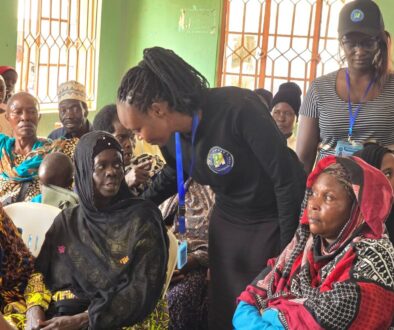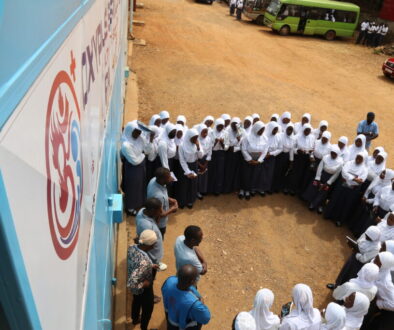Women Entrepreneurs Want Long-Term Loans

Women entrepreneurs have accused financial institutions of creating products that do not enable them to compete with their male counterparts.
The businesswomen under the umbrella of Uganda Women Entrepreneurs Association Ltd (UWEAL) argue that many lenders seem convinced that women can only be involved in specific economic activities which are usually of smaller value.
As such, despite the many programs by government and financial institutions, the women have remained stuck in the micro and small enterprises, and in certain sectors.
UWEAL Chairperson, Sarah Kitakule, said the challenges facing them is the inability to access adequate long-term patient capital to go into big businesses because of the unfavourable terms and conditions.
Kitakule said the challenges women entrepreneurs face have been talked about for long but without adequate interventions.
They were speaking at the first-ever Annual Women Entrepreneurs Conference, under the theme: “Accelerating Women’s Economic Equality through Financial and Non-financial Inclusion Opportunities for Ugandan Women,” a partnership with Uganda Development Bank (UDB).
The event aims to bridge the information gap, deemed a key barrier faced by women in accessing affordable finance, and the participation of women in the country’s development agenda.
Kitakule added that as an organization, they try to foster an ecosystem where women have equal access to resources, opportunities, and support networks as men.
She noted that even where there seem to be equal opportunities, officers at banks present a bias against women, especially regarding the ability to manage a credit product, biases that men rarely face, when seeking financial services.
Both Evelyn Anite, the State Minister for Investments, and businesswoman Margaret Kigozi admitted that women there are still challenges that women face, but that some are abated by the women themselves.
Dr Kigozi encouraged women with savings, to acquire land which is the most sure way, if used as collateral, of getting a commercial loan.
Unfortunately, she says, most tend to think that land can be acquired through inheritance from parents.
Kigozi also said that unfortunately, women who have acquired properties like land, also leave it to their sons and nothing to the girls, and the challenges persist.
Anite said much as there are challenges, some women have succeeded without any help but through hard work.
She said women account for about 77 percent of the agricultural labour force, the sector that accounts for 24 percent of the GDP, and as such, it is important for the government to stay committed to ensuring that women access such opportunities.
Anite said even without proper education, some women have succeeded in lifting themselves economically, adding that confidence and commitment are key.
On their part, UDB said they not only offer credit facilities to entrepreneurs, but also help them to be ready to access credit through training, formalization, streamlining of internal business processes, and improvement of management practices.
“Under the women financing segment alone, the bank has supported 72 enterprises in over 40 districts in the last two years and approved 75 billion worth in loans,” said Sophie Nakandi, Head of Legal at UDB.
She said that the bank realised the challenges women face accessing financial services, hence the decision to establish a specialized proposition for women.


